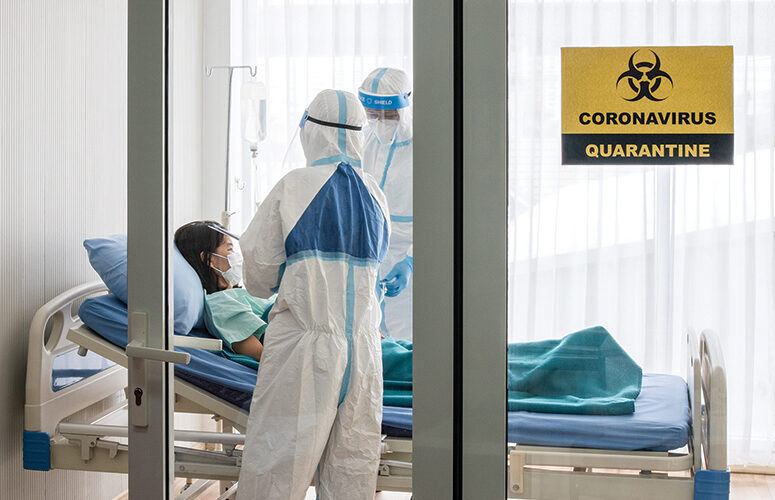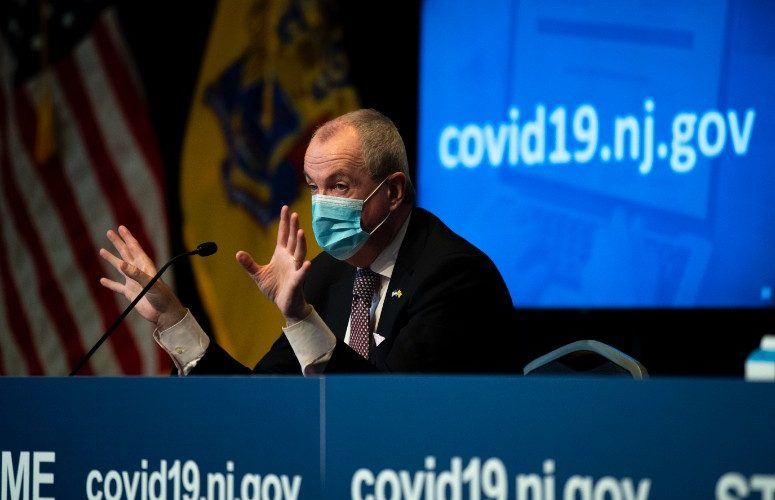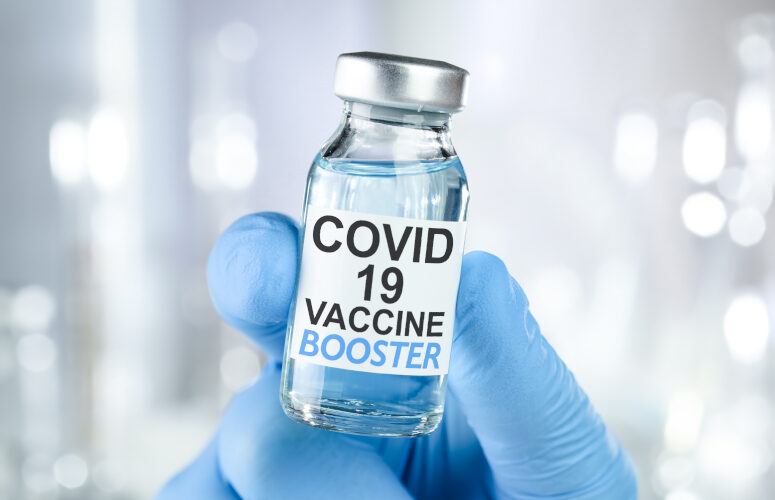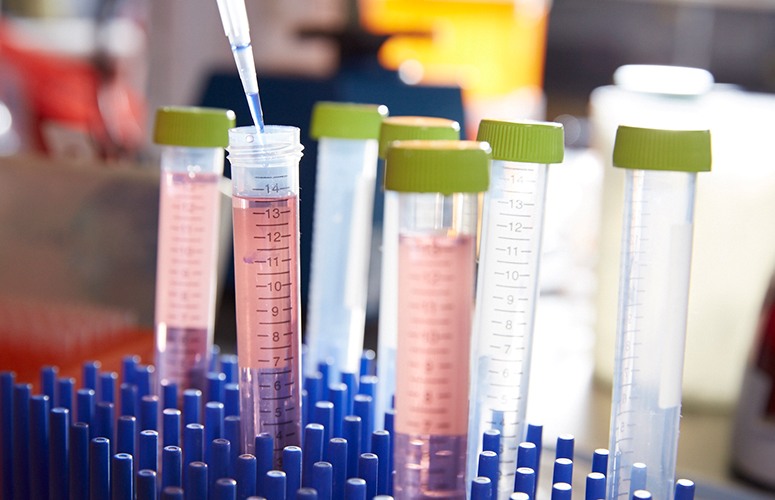
Atmos-Tech Industries Pivots Production to Help Fight COVID-19
By Jim Pytell, Managing Editor On Jun 9, 2021Cleanrooms are facilities ordinarily utilized as a part of specialized industrial production or scientific research, and are commonly used in the manufacturing of pharmaceutical items. These rooms are designed to maintain extremely low levels of particulates, such as dust, airborne organisms or vaporized particles.
Ocean-based Atmos-Tech Industries, which celebrates its 50th anniversary this year, is a designer and manufacturer of cleanrooms, as well as other equipment for industries including healthcare, pharmaceutical, aerospace and automotive. Some of this equipment includes laminar flow workstations and portable transport carts, as well as high-efficiency particulate air (HEPA) filters.
“We have supplied equipment and HEPA filters to every major pharmaceutical company, as well as automotive plants and technology companies such as IBM and NASA,” says Shaun Brower, director of sales and marketing at Atmos-Tech Industries.
While equipment that the company designs and manufactures has been used in a wide array of applications over the years, the increased emphasis on clean air and robust filtration systems to help prevent the spread of COVID-19 presented the perfect opportunity for Atmos-Tech to contribute to the battle against the pandemic.
Brower says that once the pandemic hit, Atmos-Tech utilized its existing technology, but for different applications. “As production slowed down, we pivoted to building portable filtration units for schools, hospitals and doctor’s offices,” he explains.
According to the Mayo Clinic, HEPA filters, in particular, are useful in stemming the spread of the virus, and though the HEPA filter itself does not kill COVID-19, the elements that can transport the virus attach to the filter so they cannot circulate in one’s living/work area.
Brower adds that while portable filtration units provide greater safety for the occupants of buildings, they can also create the negative pressure environments needed for containment of COVID-19 patients in a hospital setting.
When the door to a negative pressure room is opened, non-contaminated filtered air flows into the room, while contaminated air is sucked out with exhaust systems. The exhaust systems are built with filters that clean the air before it is pumped outside of and away from the facility.
“We started by making a few hundred portable filtration units for VA hospitals around the country so that they could make negative pressure rooms economically and, more importantly, quickly,” Brower says. Since the initial batch, he adds that Atmos-Tech has made a few thousand more filtration units for the same purpose.
“At the height of [the pandemic] , there really was a rush to get things moving,” Brower says. “The VA hospitals in particular were places with an age group that were hard hit. To be able to do something for them that kept the place up and running while helping people was really a good position to be in.”
To access more business news, visit NJB News Now.
Related Articles:





